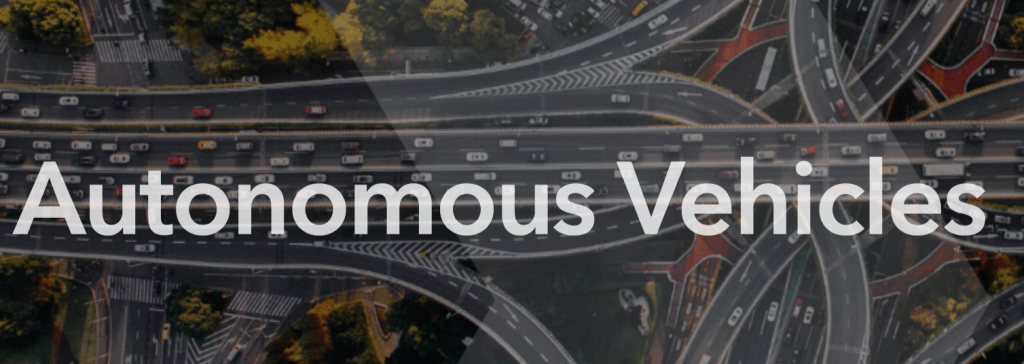
By 2035, 76 million autonomous vehicles will be sold and on the road.
New Report Charts How Investments Continue to Rise For AVs
In the next 15 years, a new report says one in 10 vehicles will be self-driving, according to a story on techrepublic.com.
According to the new report from Statista, expect to see a tenth of all vehicles on the road fully automated by 2030—bumping up the total contribution to the U.S. economy to $13.7 billion.
While they are still not quite ready for public deployment, autonomous vehicles have come a long way since Waymo (owned by Alphabet) began testing driverless technology back in 2009—and in 2016, when the U.S. DOT officially recognized the AI powering Google’s self-driving car as a “driver.”
Seeflection.com has covered some of the major failures that AV’s have been involved in, such as a fatality in Tempe, Arizona, part of Greater Phoenix. However, the global market for autonomous vehicles is zooming ahead at full speed, spurring a race to develop the best technology for the cars, inspiring collaborations between technology companies and automakers, and pushing countries across the globe to develop and implement regulatory measures.
As nearly perfect as these vehicles will become, it will still require the other nine cars on the road to be sensibly driven, as well. We have all seen drivers make moves that even an AI-driven program would consider a dumb move.
Obstacles to the adoption of autonomous vehicles include the willingness of consumers to trust these vehicles. Another is the maturity of self-driving technology—navigating in difficult weather, for instance, has been a major problem for the effective operation of autonomous vehicles.
Cybersecurity is also a major concern expressed by the car-buying public.
The report outlines the growth of global demand for Advanced Driving (AD) and Advanced Driver Assistance Systems (ADAS)—which it predicts will expand more than sixfold by 2025. (Here’s more on what the different levels of autonomous driving mean).
According to the report, robo-taxis will comprise a significant chunk of the market, and are predicted to contribute roughly $1.2 trillion. For example, General Motors (GM) has plans to launch a driverless-taxi service called “Cruise,” which received funding of $3.4 billion in 2018.
read more at techrepublic.com







Leave A Comment